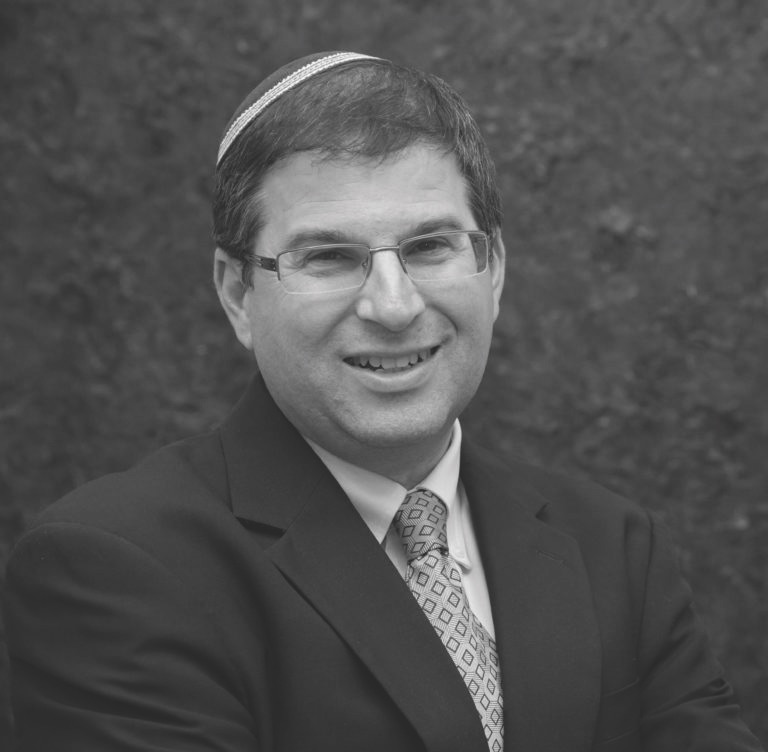
This week, Israel’s Chief Rabbinate, for the first time in its history, published an official list of non-Israeli rabbinical courts whose authority it accepts for the purposes of conversion to Judaism and divorce. The list’s publication resulted from a near-daily battle waged by the organization I founded and direct — ITIM: The Jewish Advocacy Center. In the past six years, ITIM has held meetings, filed legal petitions, initiated Knesset hearings and more to pressure the Chief Rabbinate to make its decision-making — which affects the lives of thousands of Jews in Israel and around the world — transparent to the public it is supposed to serve.
I welcomed news of the list’s publication. But within moments of reviewing it, I was hit with the reality: Yes, there is now a list, but it again shows the Chief Rabbinate’s incompetency, even as it tries to be more transparent.
The list of 70 Orthodox rabbinical courts approved for conversion and 80 approved for divorce is out of date and inconsistent. Some of the rabbis listed no longer reside in the communities they are meant to serve. Others appear twice. Although the list purports to be comprehensive, there are major American rabbinical courts that have been omitted.
But the real flaw isn’t about who is or isn’t on the list. Rather, it is the glaring lack of concern that the list demonstrates for the tens of thousands (perhaps hundreds of thousands) of Jews whose rabbis “don’t make the cut,” according to the Chief Rabbinate. Rather than embracing Jews — particularly Jews by Choice — the Chief Rabbinate is dismissing and excluding them. This is a biblical prohibition: Our tradition teaches us to love the convert, certainly not to persecute him or her.
As I write this, my inbox is teeming with emails from people around the world who converted through rabbis not on the list. “Where does this leave me?” they are asking. I don’t yet know how to answer.
And what about Los Angeles? The Chief Rabbinate’s list of approved rabbis consists of four rabbinical court directors in Los Angeles: Rabbis Avraham Teichman, Avrohom Union, Shmuel Ohana and Nissim Davidi. And although another seven rabbis are included, it is unclear whether their conversions will be accepted without approval of one of the four directors.
Moreover, there are prominent Los Angeles Orthodox rabbinical courts that have been operating for decades but have been left off the list. Who will speak up for their hundreds of converts? What about the hundreds of conversions that took place more than two decades ago, when virtually none of the rabbis on the list was performing conversions?
“Our tradition teaches us to love the convert, certainly not to persecute him or her.”
The list makes a travesty of halachic [Jewish legal] thinking and drives a further wedge between Jews in Israel and around the world. The Chief Rabbinate’s deliberate politicization of conversion — by choosing some rabbis and not others — highlights its attempt to extend its monopoly on Jewish life beyond the borders of Israel into the rest of the Jewish world, where, frankly, it isn’t wanted or needed. With both intermarriage rates and religious extremism on the rise, the Rabbinate ought to be a body that promotes moderation and diversity rather than one that espouses fundamentalism and exclusion — the very things the list demonstrates.
In the coming weeks, ITIM will take every possible step to rectify the situation. It will file petitions on behalf of rabbinical courts that wish to be included on the list, and will assist individuals concerned about their official Jewish status in Israel. As ITIM does this, I will be thinking back to January 2016, when I stood in a Jerusalem municipal court as Justice Naava Bar Or demanded the Chief Rabbinate make a list of acceptable rabbinical courts available to the public. She concluded by dressing down the director of the Chief Rabbinate’s Personal Status Division. “Your office is acting with no moral or Jewish values,” Bar Or told him.
And I will be thinking back to July 3, 1950, when Prime Minister David Ben-Gurion spoke in the Knesset on the issue of “Who is a Jew?” He said, “The State of Israel is not a Jewish state merely because the majority of its inhabitants are Jews. … It is a state for all the Jews wherever they may be and for every Jew who so desires.”
Rabbi Seth (Shaul) Farber is the director of ITIM: The Jewish Advocacy Center. He lives in Raanana, Israel, with his wife, Michelle, and their five children.























 More news and opinions than at a Shabbat dinner, right in your inbox.
More news and opinions than at a Shabbat dinner, right in your inbox.